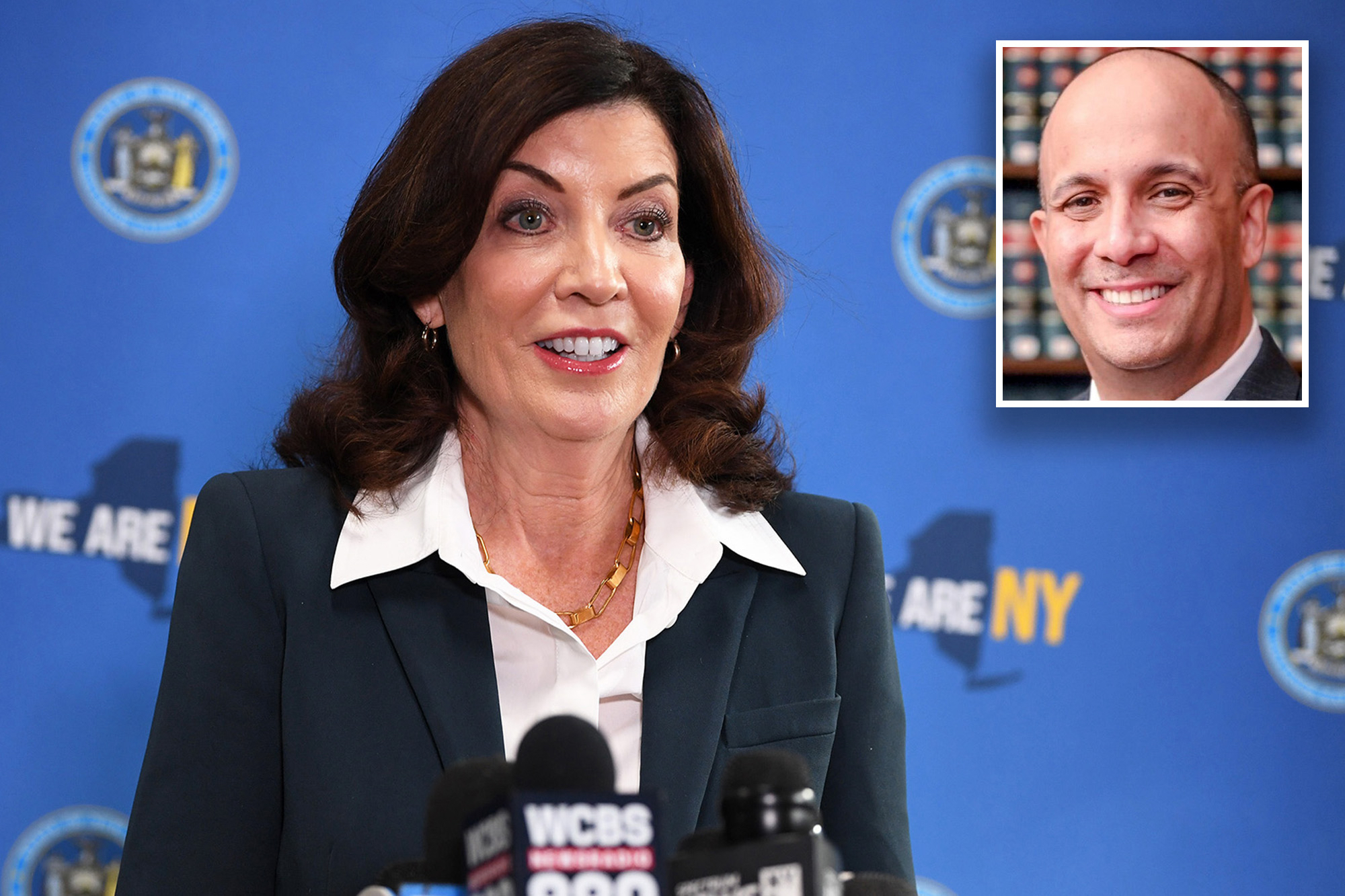Must Read
Meghan Markle Faces Potential Supreme Court Appeal in Ongoing Legal Battle
Associated Newspapers, the defendant in Meghan Markle's privacy case, has announced its consideration of another court appeal, indicating that the legal drama surrounding the personal letter she sent to her father may not be over just yet.
This comes after Meghan issued a triumphant statement following the Court of Appeal's ruling in her favor, upholding the decision made by the High Court judge regarding her privacy case.
In response to the Court of Appeal's decision, Associated Newspapers expressed disappointment and stated that they strongly believe judgments should only be made based on evidence tested at trial, rather than on a summary basis in a heavily contested case, especially before the disclosure of documents.
They emphasized that no evidence has been tested through cross-examination, despite Mr. Kanauf's testimony raising concerns about the Duchess's credibility.
The publisher also highlighted the importance of correcting false information published by People magazine, which wrongly described the letter as a loving one.
The articles not only misrepresented the letter but also distorted the reasons behind Mr. Markle's non-attendance at the Royal Wedding.
Associated Newspapers stated that they are considering an appeal to the British Supreme Court, aiming to address these issues and other matters of public interest, including the breakdown in the relationship between Meghan and her father.
Jason Kanauf, Meghan's former Communications Secretary, was mentioned in the statement released by Associated Newspapers.
In November, Mr. Kanauf provided a written witness statement to the Court of Appeal, claiming that Meghan had written the letter to her estranged father with the understanding that it could potentially be leaked.
He shared a text exchange with the Duchess, revealing that Meghan chose to address her father as “Daddy” in the letter, as it would evoke emotional responses if it were to be leaked.
Additionally, Mr. Kanauf stated that Meghan intentionally ended each page of the letter mid-sentence to prevent any misrepresentation.
In her statement to the Court of Appeal, Meghan emphasized that she did not believe her father would leak the letter as it would portray him in a negative light.
She clarified that while she recognized the possibility of the letter becoming public, she did not consider it likely.
The Duchess argued against the notion that acknowledging the possibility of a leak equated to expecting it to happen.
Media law specialist Mark Stevens, who is uninvolved in the case, expressed his belief that Associated Newspapers will appeal the ruling.
However, he noted that it would be unusual for the British Supreme Court to accept such a case.
Stevens also suggested that the publisher may attempt to appeal to the European Court of Human Rights.
He highlighted the principle at stake, questioning whether this case should be concluded before a trial with full disclosure and evidence testing.
The recent ruling did not provide clarity regarding whether the letter was initially intended for Meghan's side to publish, leak, or use as briefing material.
Stevens emphasized that Associated Newspapers have the right to a trial, which could prolong the legal battle for Meghan Markle.






























